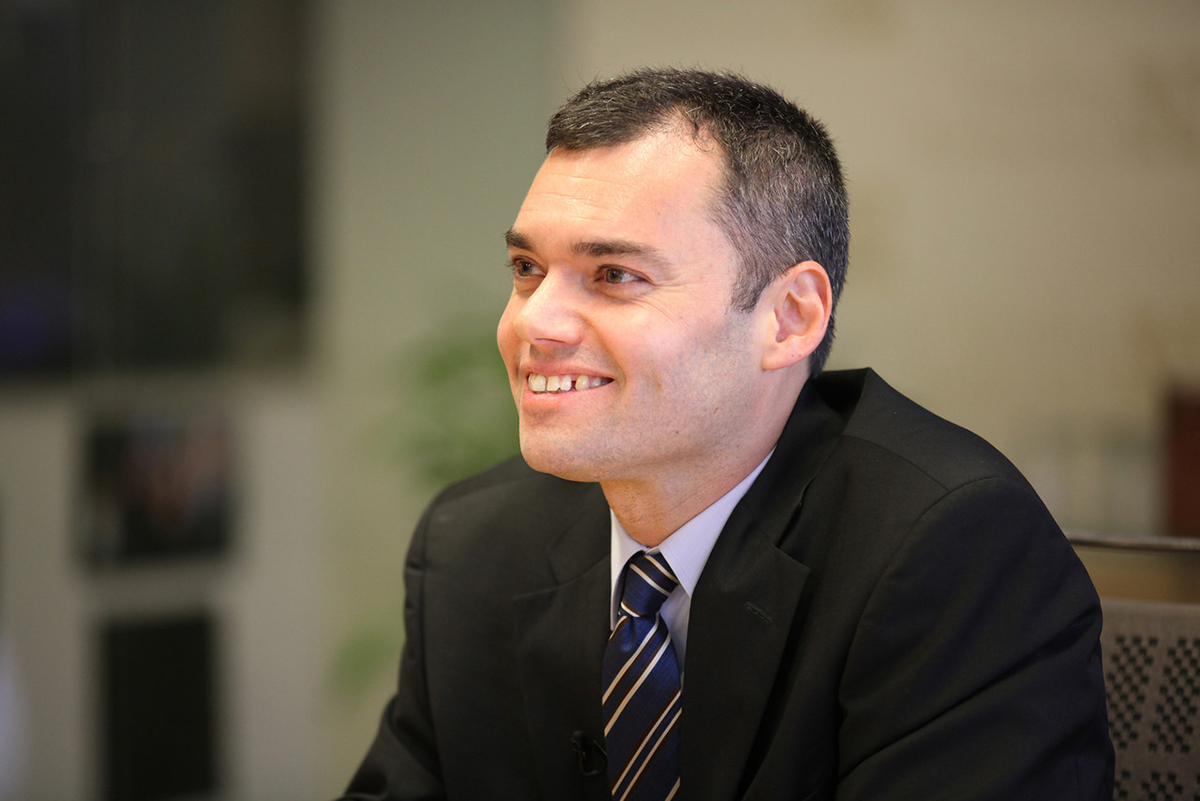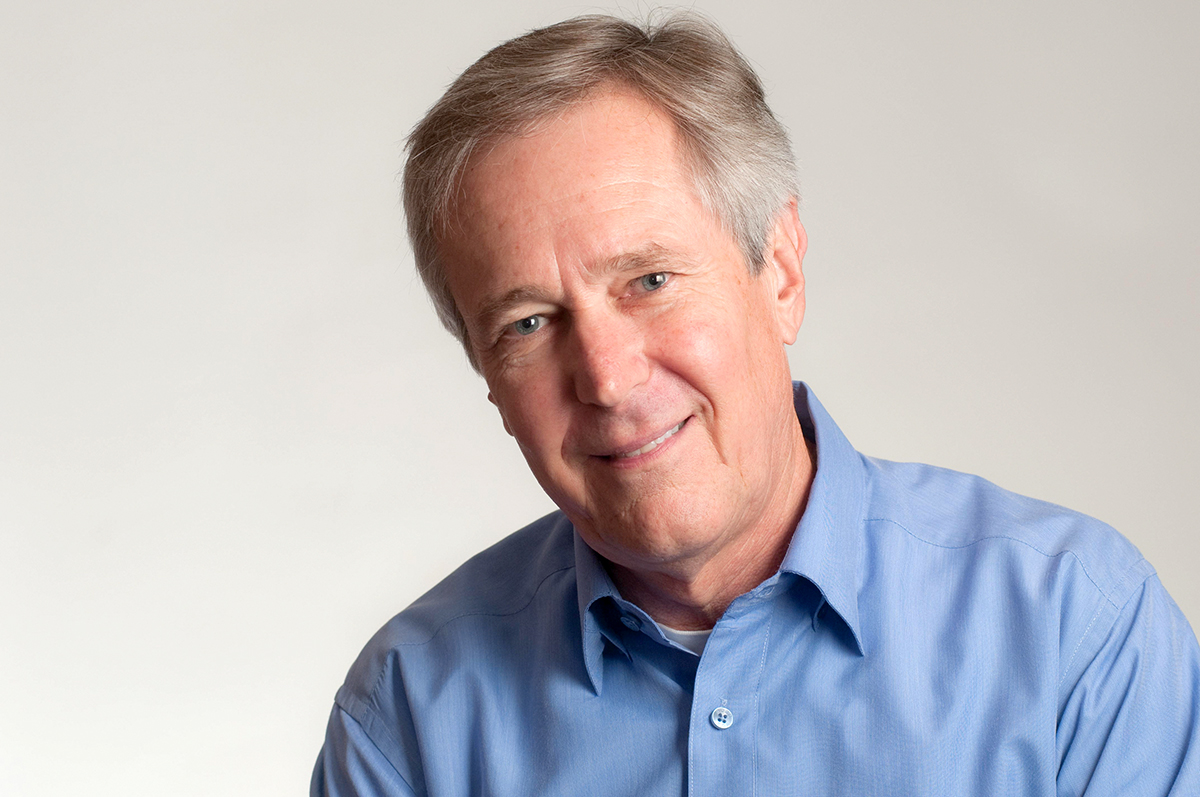In times of intense division, sometimes media adds fuel to the fire of deeply entrenched conflict.
Peter Beinart, journalist and professor, will talk about how media has affected current tensions within the American Jewish community during a conversation with James Fallows, national correspondent for The Atlantic, at 2 p.m. Tuesday in the Hall of Philosophy. Their conversation, “Tribalism, Globalism, and Judaism in the Age of Trump,” will add to the interfaith component of Week Eight’s theme, “Media and the News: Ethics in the Digital Age.”

“The debate that Trump has kind of framed has shifted the debate inside the American Jewish community in ways that are going to be significant for a long time to come,” said Beinart, associate professor of journalism and political science at the City University of New York.
The debate inside Judaism, Beinart said, is between tribalists and globalists.
Just as President Donald Trump’s rhetoric supports nativism and isolation, these Jewish tribalists want to protect the Jewish people from outsiders and support a strong Israel. Globalists, on the other hand, identify Jewish people as a minority group and want to support the rights of other minorities, like refugees.
Beinart said he will talk about how Trump and the onslaught of various types of media in the information age has influenced this division. Breitbart is an example of this, he said, because it is both hated and appreciated by Jewish people. Those who criticize it see its anti-Muslim, anti-Latino rhetoric as offensive because Jews identify with other persecuted groups.
“And yet, there’s a very strong connection to Breitbart among those Jews who essentially see Jewishness in Israel as on Trump’s side in this clash of civilizations both in the United States and globally,” Beinart said.
Beinart himself is currently a working journalist, and is a contributor to The Atlantic, a senior columnist at The Forward and a political commentator for CNN. Fallows said he knows Beinart as someone very involved in politics both in the United States and the Jewish world, based on his books, including 2012’s The Crisis of Zionism.
Fallows said Tuesday’s talk will be similar to his Monday conversation with Washington Post columnist Michael Gerson’s, in regard to talking about the larger evolution of politics in the United States. But, Fallows said, Beinart’s talk will be from the Jewish perspective. Beinart said that there is a notable difference between the three Abrahamic faiths.
“Like Christianity and Islam, (Judaism is) a religion with a universal message for all people, but it’s also a religion that’s bound up in a particular nation, a particular people,” Beinart said.
Fallows said this week’s lectures will not just discuss the challenges of modern society because people are already well aware of them. They will also address how to deal with and buffer those strains.
“I think this series (is) an examination by some of the best qualified and most articulate speakers about the ways in which the traditional bulwarks of successful civil society can cope with these pressures,” Fallows said.




